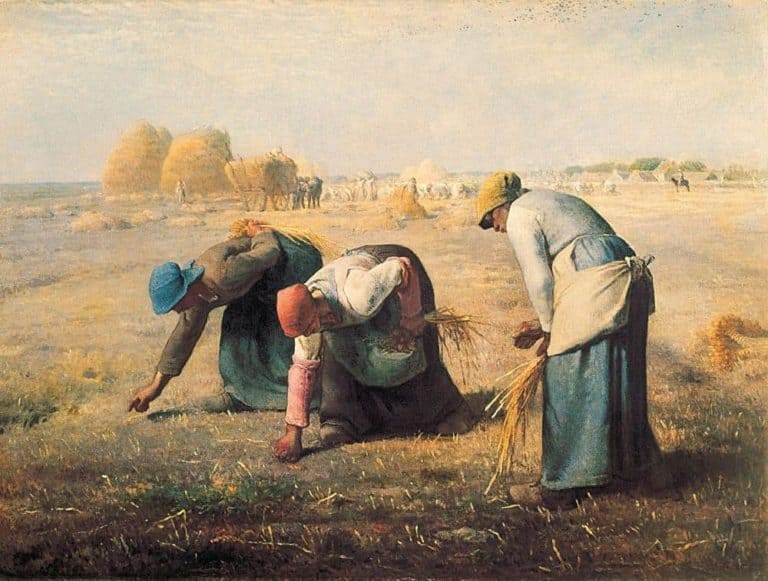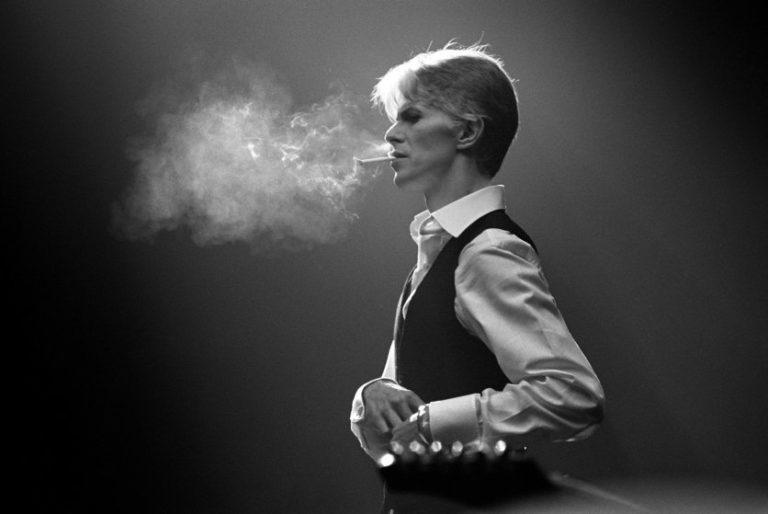Introduction
Realism and Naturalism are a reaction against Romanticism (imagination, poetry and prose, as well as the main themes: nature, exoticism, history, and heroes depicted as exceptional individuals) because it was thought to have lost touch with the contemporary.
Three revolutions took place during the 19th century: the industrial revolution, the scientific revolution, and the moral revolution.
In Great Britain, the Victorian Era lasted from 1837 to 1901. In the USA, the Civil War lasted from 1861 to 1865.

The industrial revolution
The Industrial Revolution was started by the invention of the steam machine (coal, railways, factories).
All this happened in the cities: the increase of the population led to misery and social problems such as alcoholism, tuberculosis, prostitution… There was a shift from a belief in progress to an increasing pessimism.
The scientific revolution
The Scientific Revolution expanded into the transport revolution, starting by the steam engine:
- 1830: Manchester-Liverpool railway
- 1869: Transcontinental railway in the USA
- Thomas Edison invented the gramophone, the light bulb and the electric chair
- Pierre and Marie Curie discover radioactivity…
The world was changing extremely fast.
Auguste Comte (1798–1857) is the origin of a philosophical theory called Positivism. He devised the “law of three stages” : (1) the theological, (2) the metaphysical, and (3) the positive.
The theological phase of man was based on whole-hearted belief in all things regarding God. God, Comte says, had reigned supreme over human existence pre-Enlightenment. Humanity’s place in society was governed by its association with the divine presence and with the church.
The theological phase deals with humankind’s accepting the doctrines of the church (or place of worship) rather than relying on its rational powers to explore basic questions about existence.
Comte describes the metaphysical phase of humanity as the time since the Enlightenment, a time steeped in logical rationalism, to the time right after the French Revolution. This second phase states that the universal rights of humanity are most important.
The central idea is that humanity is invested with certain rights that must be respected. In this phase, democracies and dictators rose and fell in attempts to maintain the innate rights of humanity.
The final stage of the trilogy of Comte’s universal law is the scientific, or positive, stage. The central idea of this phase is that individual rights are more important than the rule of any one person. Science is paramount and can give man absolute knowledge and power.





























